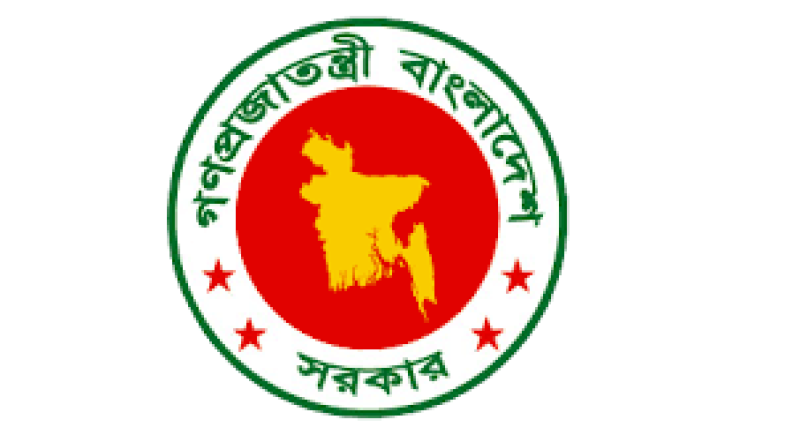- Power generation at Payra Thermal Power Plant 1st unit starts after a month |
- Irregularities, injustice will no longer be accepted in politics: Jamaat Ameer |
- 2 arrested in Jhenaidah for allegedly selling madrasa student |
- Koko’s wife campaigns for Tarique in Dhaka-17 |
- Bangladeshi Expats Cast 4.58 Lakh Postal Votes |
84% Support Independent Local Govt Commission: Survey

A recent household survey revealed that 84% of people want the formation of an independent and robust Local Government Commission through new legislation to strengthen the country's local governance system.
The survey also found that 71% of respondents believe local government elections should not involve political party symbols, while 24% support their inclusion.
Conducted by the Bangladesh Bureau of Statistics (BBS) in January 2025, the survey covered 46,080 households across rural and urban areas in all 64 districts. The findings were released in a report submitted to Chief Adviser Professor Muhammad Yunus on Wednesday, according to Deputy Press Secretary Abul Kalam Azad Majumder.
Further, 97% of respondents emphasized the need for local government election candidates to have at least a minimum educational qualification. Of those, 38% suggested a Secondary School Certificate (SSC), 30% recommended Higher Secondary Certificate (HSC), and 25% favored a bachelor’s degree.
The survey also revealed that 77% of participants believe a single, unified law should govern local government bodies, given the complexity of the existing five laws and over 100 government orders.
Regarding the local government workforce, 75% of respondents called for an integrated service structure to address manpower shortages, while 85% suggested establishing urban planning offices at the upazila level to tackle the challenges of urbanization. Additionally, 80% recommended setting up full civil and magistrate courts at the upazila level.

